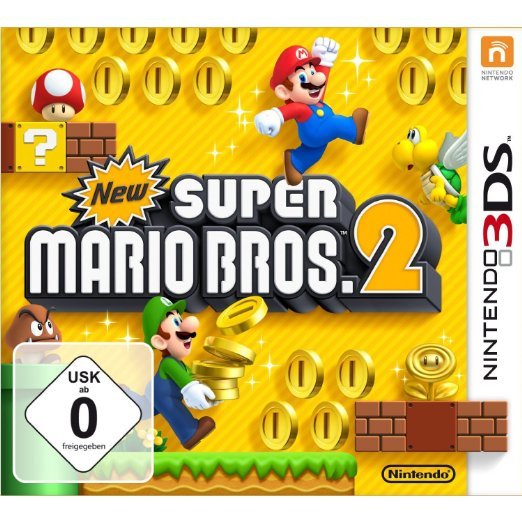Up next on the EU's docket...
- Publishers banned from labeling their game as costing only $60 if it has DLC. You see, consumers have no self control and are helpless against the manipulative publishers, who force them to buy an endless stream of skins, map packs, etc. New price for the Sims 3: $1,000,000. If you can't label your game as costing $0 if it has DLC, then why would you ever be able to label your game as costing $60? We can't allow consumers to be misled.
- Game of the Year editions banned unless they are the exact same version of the game that won the game of the year award. If any of the content in the game of the year version is different, then the consumer is being unwittingly led to slaughter by the publisher, who is selling them a product that is clearly different than what is being advertised. The terminology "Game of the Year Edition" can only be used if the game won said award from an accredited gaming institution. A new gaming oversight commission will be established by the EU to conduct annual audits of accredited gaming institutions to ensure that they are unbiased in their awarding of the game of the year awards.
On a more serious note, my opinion is that (1) the term "free to play" is factually correct and not misleading, (2) there are already adequate checks and balances in place, such as app rating systems, written reviews, and game review sites, that allow consumers to make informed decisions about their gaming habits, and (3) if it really is the government's job to prevent people from making stupid decisions with their own money, then (a) is "free-to-play" really a priority in a world with so much other f'd up stuff, and (b) are people with iPads and iPhones really the segment of the population that we need to save from themselves.

